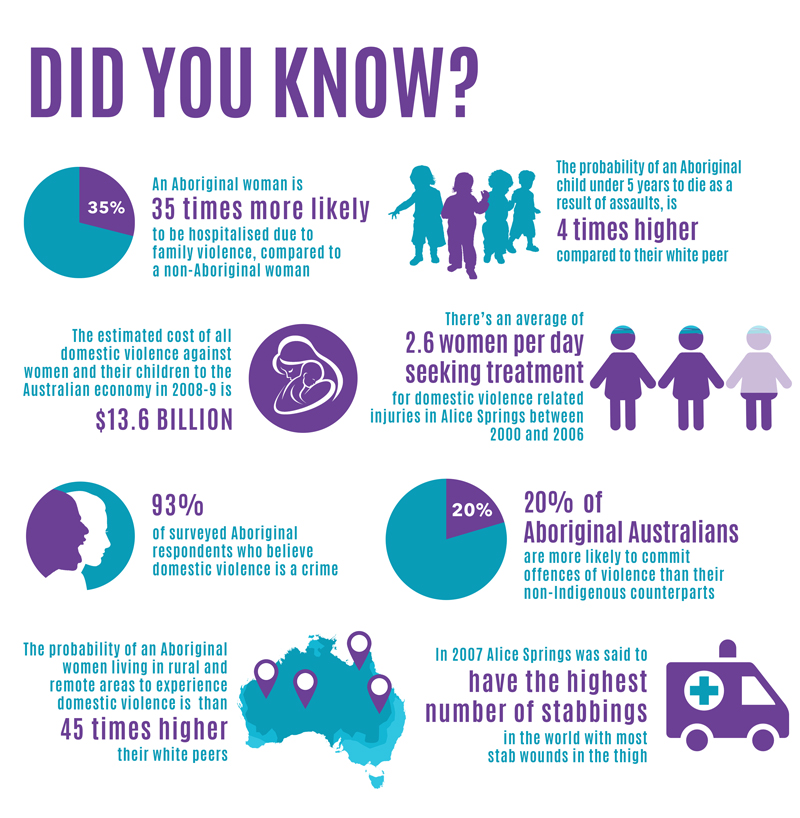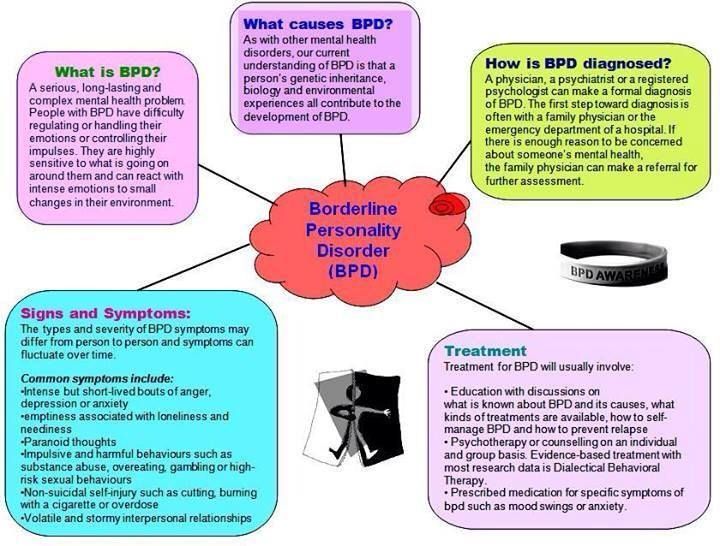Boundaries with in laws
15 Tips for Setting Boundaries With Your in-Laws
In This Article
Relationships, irrespective of their type, can have their fair share of disagreements, arguments, and problems. This does not mean that these people do not care about the relationship, nor does it mean that they are okay with these falling apart.
One such relationship is the one that a person has with their in-laws. It is best to consider setting boundaries in relationships, and relationships with in-laws are no different.
The constant fights can be emotionally exhausting and can make you irritated. You may worry about what they will think or how they will react.
We offer you a guide on setting boundaries with in-laws that will help you maintain peace in your family and your life.
What are healthy boundaries with in-laws?Having a league of supporting in-laws might seem the best possible thing that can happen after marriage. While in most cases, the in-laws and your extended family are there to help you, everyone may not be that fortunate.
Your in-laws are persons who might harbor different beliefs. You may not be able to change their beliefs or may not be comfortable molding yourself in their beliefs. In such cases, the idea of setting boundaries with in-laws may give both parties to find a new way to navigate to secure a closer bond.
But, before that, you need to understand the concept of establishing healthy boundaries with in-laws.
In short, by setting boundaries with in-laws, you may limit how they interfere with your life. It might not be necessary to ask for their approval for simple issues. Instead, you can maintain a healthy distance. On top of that, you may also avoid conflict in issues that can be disturbing.
Here are some examples of boundaries with in-laws.
- Respecting others’ beliefs and ensuring that other people also respect your values and beliefs
- Being able to communicate emotional needs and wants
- Respecting the needs of others but not disturbing your own needs for that
- Saying “No” when needed, even though when your spouse is unable to do that
- Ensuring you do not compromise your mental health while interacting with others
- Offering flexible access to your family members in your personal life.

There are different types of boundaries, including physical, sexual, mental, financial, and emotional.
- Mental boundaries- Healthy mental boundaries protect your ideas, beliefs, values about life, child upbringing, etc. It prevents others from disrupting your mental peace.
- Emotional boundaries- Emotional boundaries are boundaries where you do not disclose your personal information or feelings in front of in-laws because they can have different values and may not agree with you.
This book further talks about boundaries in families.
Related Reading: Setting Healthy Boundaries in a RelationshipMethods that you can use to set boundaries with your in-laws
Here are the methods how for setting boundaries with in-laws when you feel they are making your life complicated-
1. Address the issues firstAre you keen on setting boundaries with your sister-in-law or other in-laws? Then first, address the issues that are bothering you.
Are they overly controlling?
Or do they belittle you?
Or do they try to butt in for every occasion?
The sooner you find the issues bothering you, the sooner you may get relief from overbearing in-laws.
2. Talk with your partnerIf you feel that setting boundaries with in-laws can help, first talk with your partner. For them, their family members are important. Hence, you must point out issues that bother you before doing this.
If you still want to try before setting boundaries, ask your partner to speak with their family members about your feelings. It might also make them understand issues better.
Related Reading: 10 Relationship Conversations You Can Have With Your Partner3. Be careful while communicating
Your in-laws may not understand the boundaries. Hence, there can be cases where you find in law overstepping boundaries. In such cases, communicate sensibly.
You may explain clearly why you think their opinion or activities are not positive in your life.
You may need to take a firm stand when you find a mother-in-law overstepping boundaries and other in-laws doing so. Sometimes a little firmness might not hurt.
15 tips for setting boundaries with your in-lawsHere are fifteen tips for setting boundaries with in-laws that you can use-
1. Find different ways to interactA family might not agree on every matter. But, often, tension arises when you are too close and spend a lot of time together.
One of the easiest ways to set up boundaries with in-laws is to change the way of interaction. You may limit your meet-ups to only family dinners, family occasions, and a few simple phone calls once in a while.
You need to understand that not every father-in-law is like an overbearing and intrusive father-in-law. A family might have differences once in a while. But, it might be better to change the method of interaction to ensure you are comfortable with your in-laws.
Related Reading: Thriving and Living With in-Laws- 10 Tips2. Spend time in a different manner
If you find that cutting the time spent is not easy, you may try changing how you spend time with them. This may help you in setting boundaries with in-laws.
Instead of a home dinner, you can go for family dinners in a restaurant or a local pub. Or you can also arrange a get-together in a theme park. You all may enjoy it while maintaining the boundaries.
3. Never compete for affectionYour spouse may have a different spot for their family members, like their parents and sisters in their life. It may seem intrusive to you, but it might be natural for them.
So, never compete for affection from your spouse. You are the partner and will have a different space in your spouse’s life. If you feel the need, you may consider taking therapies with your in-laws for this issue.
This research especially highlights how in-laws’ relationships change before and after marriage.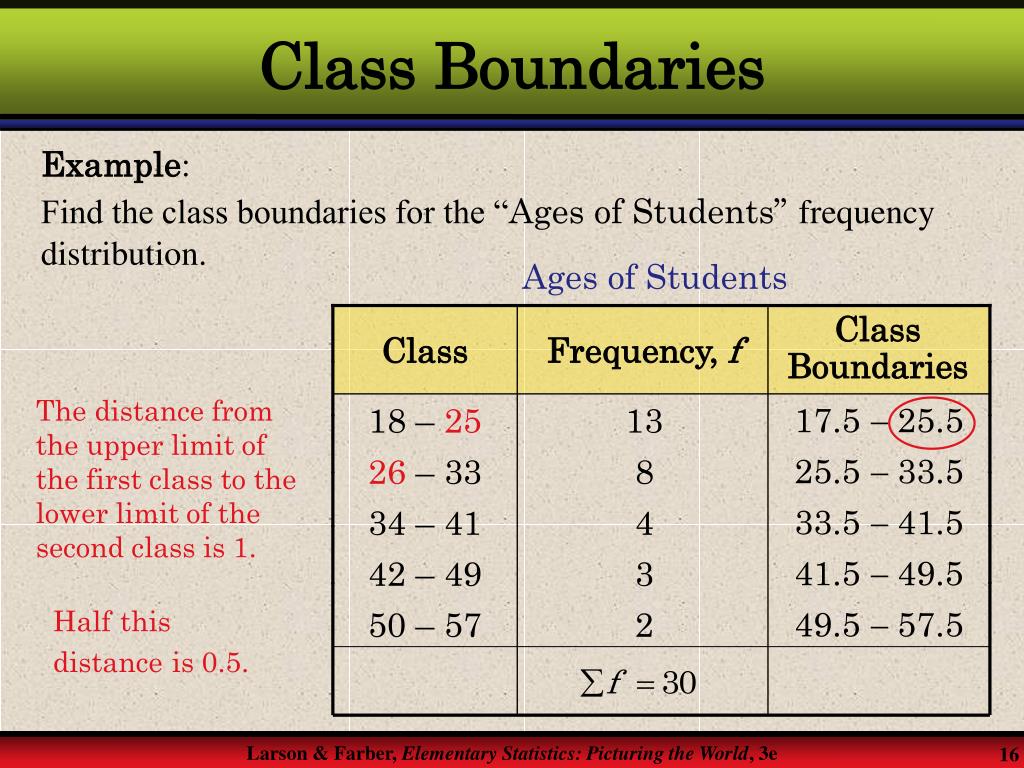
Related Reading: 13 Easy Ways to Show Your Affection in a Relationship4. Let them know you are not competitors
The other side of the coin is to let your in-laws know that you are not competitors and are part of the family.
They may have been trying to do this to gain their children’s attention. Let them know that you respect them and that they do not need to compete with you to gain their child’s attention. If that does not help, set up mother-in-law boundaries.
5. Never fight with your spouse in case of conflict with in-lawsDo you have a sister-in-law overstepping boundaries often? You might become angry with their behavior.
But, you should try never to fight with your partner for this conflict. Probably they were not aware of the conflict. If you direct your anger towards your partner, it will only tarnish your relationship with them and do no good.
Instead, talk with your spouse about setting up boundaries with in-laws differently.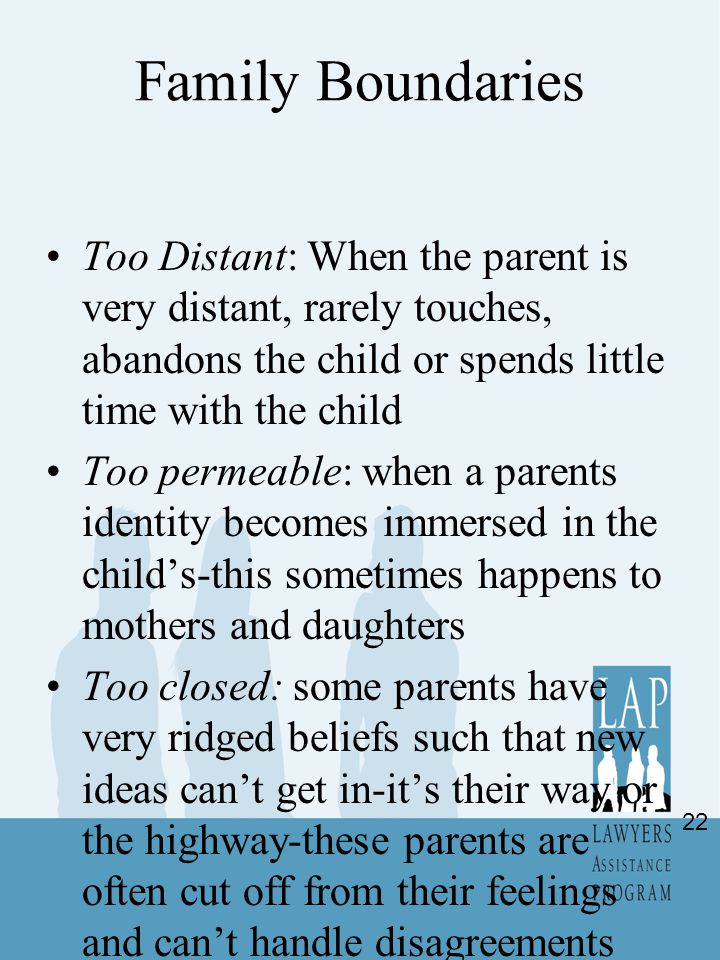 They may even understand the issue and offer you some help as well.
They may even understand the issue and offer you some help as well.
Often, setting boundaries with in-laws happens due to miscommunication. Hence, try once to check out if their concern is genuine.
You could have taken a status too firm and may have ignored some valuable inputs from them. Hence, try to think about their opinions once. It may even help you rethink how to set up boundaries with in-laws holistically.
7. Take part in what they love to doYou may not like how your in-laws spend their holidays or how they go on vacations. They may have asked you, but you might consider that as an intrusive sign of in-laws overstepping boundaries. Instead, try what they love doing once.
Probably, you may find their way of doing things enjoyable. If not, you can always tell them that you like other things. Please remember that while rejecting, do it positively to ensure they do not feel hurt.
8. Tell them that some of their advice may not apply to your lifestyle
Tell them that some of their advice may not apply to your lifestyleYou might find that you have frequently been clashing with your in-laws after childbirth. So, what is the best method for setting boundaries with in-laws after a baby?
You may make it clear that what worked for them may not work for your child. They lived in different times and may have had different lifestyles.
But, on the other hand, you may lead a different lifestyle. Hence, some of their advice may not work at all. Hence, politely tell them that their advice is not working as you are in a different situation.
9. Do not limit their interaction with your childrenYou might not like your overbearing in-laws, but do not completely cut them off from your life. Research says that relationship instability within laws often affects the personality of your children.
Instead, allow your children to spend quality time with their grandparents or aunts and uncles without your presence.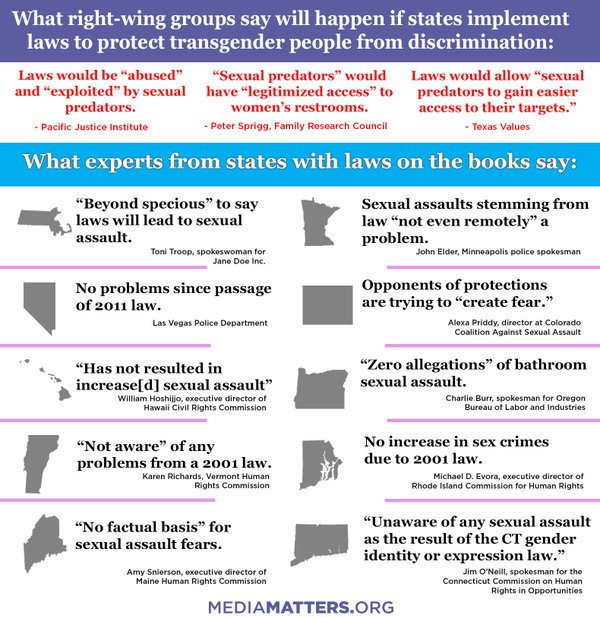 If your babies love it, offer them to have a sleepover over at their grandparents’ or their aunts’ or uncles’ houses once in a while.
If your babies love it, offer them to have a sleepover over at their grandparents’ or their aunts’ or uncles’ houses once in a while.
You may even encourage your children to have video calls with your in-laws once in a while. It will help you maintain boundaries without compromising your children’s interaction with them.
On top of that, it may also help you create a healthy boundary between your children and your in-laws.
10. Avoid unnecessary argumentsYou probably do not like how they dress or talk or lead their lifestyle. But, they are individuals with different personality traits. Their ideologies and beliefs may not match your standard every time.
But, there is no point in unnecessary arguments with them about what they are doing differently. It might cause a rift that you will never be able to repair. Instead, divert your attention and anger.
You can watch TV, take a stroll, work in the kitchen, or even work on an ongoing office project. It will help a lot. You will find that less fighting has allowed you to set up healthy boundaries with your in-laws.
It will help a lot. You will find that less fighting has allowed you to set up healthy boundaries with your in-laws.
Related Reading: How to Handle Relationship Arguments: 18 Effective Ways
Here’s more about how you can deal with in-laws who do not like you:
11. Understand and make them realize that nobody is perfectEach person is perfect in their way. So, nobody matches perfectly according to the other person’s expectations.
You also might not like some habits of your spouse. But, you do not fight with them. So why fight with your in-laws on the same issues?
Understand that they may not be perfect as per your idea. But they are what they are. On the other hand, clearly state that you will not be perfect for your in-laws.
Instead, your mistakes and shortcomings make you a complete person. Talk with them to prevent mental and emotional fatigue.
Talk with them to prevent mental and emotional fatigue.
Want to set up boundaries? Let your partner know first. They are an integral part of your life. Hence, tell them what you think is not right.
Have a proper discussion about what you think is healthy and what is unhealthy. Ask their opinion on setting up boundaries.
They might help you find ways to have respectful boundaries that offer healthy access to both parties.
Related Reading: 15 Signs of Unhealthy Boundaries in Relationships13. Learn to let go
You will find that your in-laws may interact similarly even after setting boundaries with in-laws. They may still irritate you or cause conflicts.
Sometimes, it is better to let things go instead of confronting them. In these cases, conflicts might result in more conflicts that do not yield satisfactory solutions.
By letting things go, you can focus better on other issues.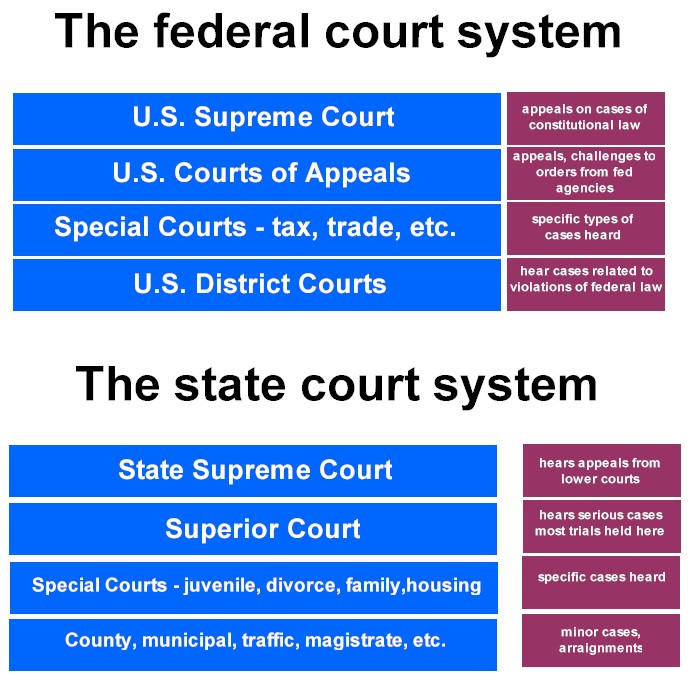 You can continue a happy life by ignoring your in-laws and some of their actions.
You can continue a happy life by ignoring your in-laws and some of their actions.
Related Reading: How to Know When to Let Go of a Relationship: 15 Signs14. Make a clear list of boundaries
Think about making a clear list of boundaries for mother-in-law or other family members. Make sure to list what is right and what is not, and talk with your partner about the list. On top of that, also make your intentions and issues clear for making a list.
But, make the list flexible. It will help you include more boundaries or exclude some in the future.
15. Do not seek their approval in every caseWhat is the best way to set boundaries with in-laws? Stop asking for the approval of your in-laws for every action. You are an individual and may need to make some serious decisions sometimes.
Remember that your in-laws might not have the same ideologies as you and may even not approve of your ideas. Hence, stop asking for their nod in every task and lead your life as you think fit. They might eventually understand.
They might eventually understand.
Setting up boundaries can repair the relationship between you and your in-laws. On top of that, it also prevents any further conflicts that disrupt your mental peace.
But, before you do that, always consult your spouse and tell them your idea. You can also go for a counseling session if you need some guidance. Remember that you always have the right to lead a happy family life without disturbances.
10 Tips for Dealing with In-Laws and Setting Boundaries
In-law relationships can be a wonderful part of married life but they can also be stressful. Either way, your in-laws are part of your life. It’s important to work on your relationship with your spouse's parents, including setting boundaries when necessary.
Related: Resolving In-Law Power Plays
Building close relationships with your extended family isn’t always easy. But, learning to get along with your mother-in-law or father-in-law is often worth it for your well-being and your mental health.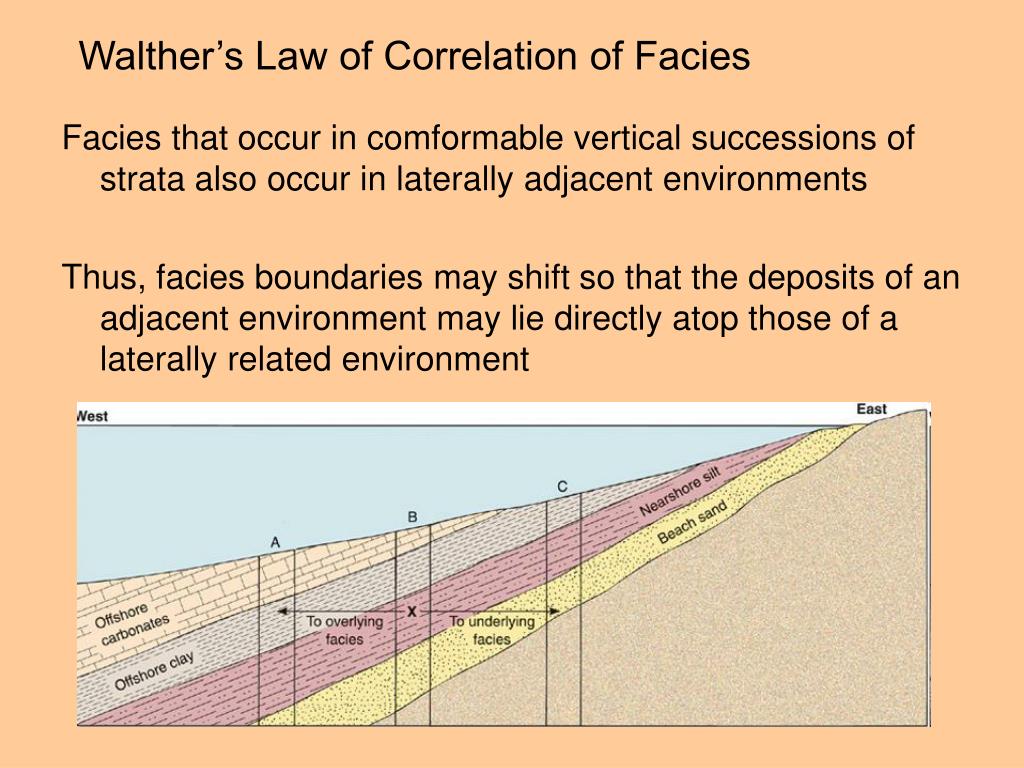
Here are some ideas to get you started.
1. Put Your Marriage First
When you got married, you signed up to be a husband or wife, and becoming a son-in-law or daughter-in-law came with the territory.
Always focus on maintaining a healthy relationship with your spouse as the number one priority. You two are a team and should act as a united front when addressing issues with each other’s parents.
2. Enforce Healthy Boundaries
Boundaries are what you will and will not do. You and your spouse should decide together what the boundaries are in your own family. For example, if you value your kids’ early bedtimes, you may not attend evening events, even if it’s your sister-in-law’s birthday.
If your mother-in-law comes for an uninvited visit every day and you don’t enjoy her clinginess, tell her that she’s welcome every other Friday for dinner and let her know you won’t be answering the door otherwise.
Are your in-laws toxic to your relationship? Watch the video for the warning signs:
3.
 Do Not Confront In-Laws
Do Not Confront In-LawsThe rule of thumb is that each of you should address your own parents when issues come up. Confronting your mother-in-law or your father-in-law (or even your sister-in-law) sets the stage for drama because it makes you out to be the bad guy.
4. Let Go of Expectations
Most of us have a picture in our minds of what our father-in-law or mother-in-law will do for us and our children. But, that just isn’t always real life. At the end of the day, we cannot control other people.
Try not to focus on what you wish your in-laws would do or be. Even if it’s hard, dropping expectations completely can help you find ways to appreciate the little things. Your in-laws might not babysit every Friday so you can have a date night, but that occasional time that they offer, show your gratitude.
5. Keep Your Cool
In-law relationships can be amazing but they can also be stressful. You may disagree about politics or your in-laws may criticize your parenting. While you have every right to set boundaries and not allow yourself to be belittled, it can be very helpful if you can also exercise good self-control in heated moments.
While you have every right to set boundaries and not allow yourself to be belittled, it can be very helpful if you can also exercise good self-control in heated moments.
Taking a deep breath or even stepping out for a few moments can help clear your head so that small conflicts don’t erupt into screaming arguments. Just remember that if something does bother you, bring it up with your spouse later and work together to find a solution.
6. Try to Be Flexible
If you have a good relationship with your in-laws, try to let smaller infractions slide. If Grandma gives your kids too much candy on visits, maybe that is something you can just let go of (and if sweets are a big concern of yours that’s OK too). The point is to try and pick your battles when you can.
If your in-law situation is not so peaceful, this advice also applies. Focus on addressing the issues that matter most while letting less important problems slide.
7. Find a Way to Meet Their Needs
Let’s say your father-in-law wants to be a part of the house-rebuilding you and your spouse are doing together.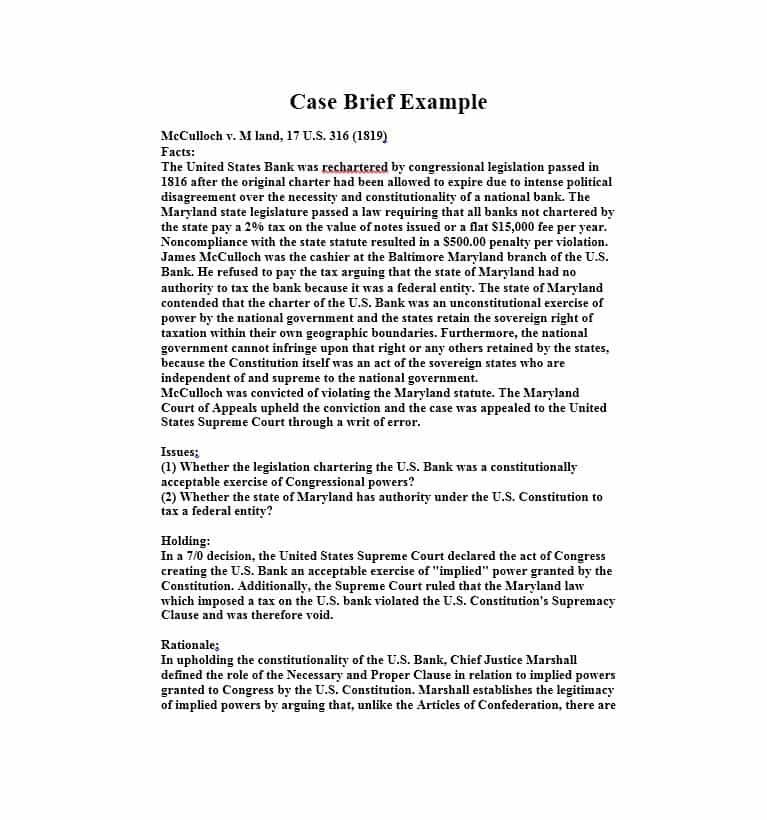 But, the two of you are enjoying bonding as a couple over this project.
But, the two of you are enjoying bonding as a couple over this project.
In this situation, consider asking your father-in-law to build a new fence. Now, you have given him a way to participate, but he can’t take over.
8. Avoid Hot Topics
Try to keep topics like politics, religion, or anything else controversial out of your conversations with your in-laws. These people are a part of your life and your children’s lives and it’s honestly best to just avoid heated topics.
9. Look for Common Ground
You might have to be intentional about building a healthy relationship with your in-laws. Try to find things that you can bond over. Maybe your mother-in-law can teach you an old family recipe or you can make it a habit to send your father-in-law videos of your kids.
10. Always Be Kind
Your kids are always watching and listening, so it’s important to value kindness in all your interactions with family members and extended family.
Extend kind greetings to your in-laws and speak in a respectful tone at all times, even if you don’t feel like they do the same to you.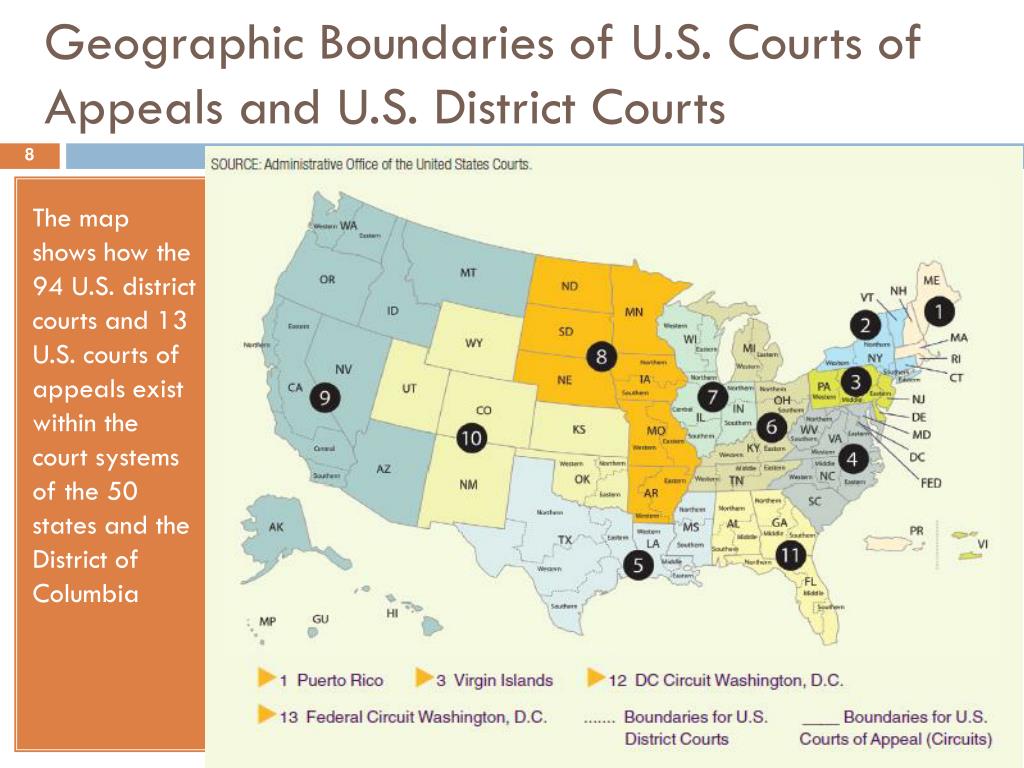 No one wins if you try to treat others like they treat you.
No one wins if you try to treat others like they treat you.
–
Do you only see your in-laws on holidays? Or maybe holidays are just super stressful? Check out our tips for dealing with in-laws on festive occasions.
Law on the State Border of the Russian Federation N 4730-1
April 1, 1993 N 4730-1
RUSSIAN FEDERATION
LAW
ON THE STATE BORDER OF THE RUSSIAN FEDERATION
Article 1. State border of the Russian Federation
Article 2. Principles for establishing and changing the passage of the State Border, establishing and maintaining legal relations at the State Border
Article 3. Protection and protection of the State Border
Article 4. Legislation on the State Border
Article 5. Establishing and changing the course of the State Border
Article 6. Designation of the State Border
Article 7. Maintenance and establishment of the regime of the State Border
Article 8. Maintenance of the State Border
Maintenance of the State Border
Article 9. Crossing the State Border by persons and vehicles
Article 9.1. Peculiarities of crossing the State Border at sea
Article 10. Movement across the State Border of goods, goods and animals
Article 11. Passage of persons, vehicles, cargo, goods and animals across the State Border
Article 11.1. Expired
Article 12. Establishment and opening of checkpoints across the State Border
Article 13. Conducting economic, fishing and other activities on the State Border
Article 14. Resolution of incidents related to violation of the regime of the State Border
Article 15. Border representatives of the Russian Federation
Article 16. Maintenance and establishment of the border regime
Article 17. Entry (passage), temporary stay, movement of persons and vehicles in the border zone
Article 18. Economic, fishing and other activities, holding mass socio-political, cultural and other events in the border zone
Article 19.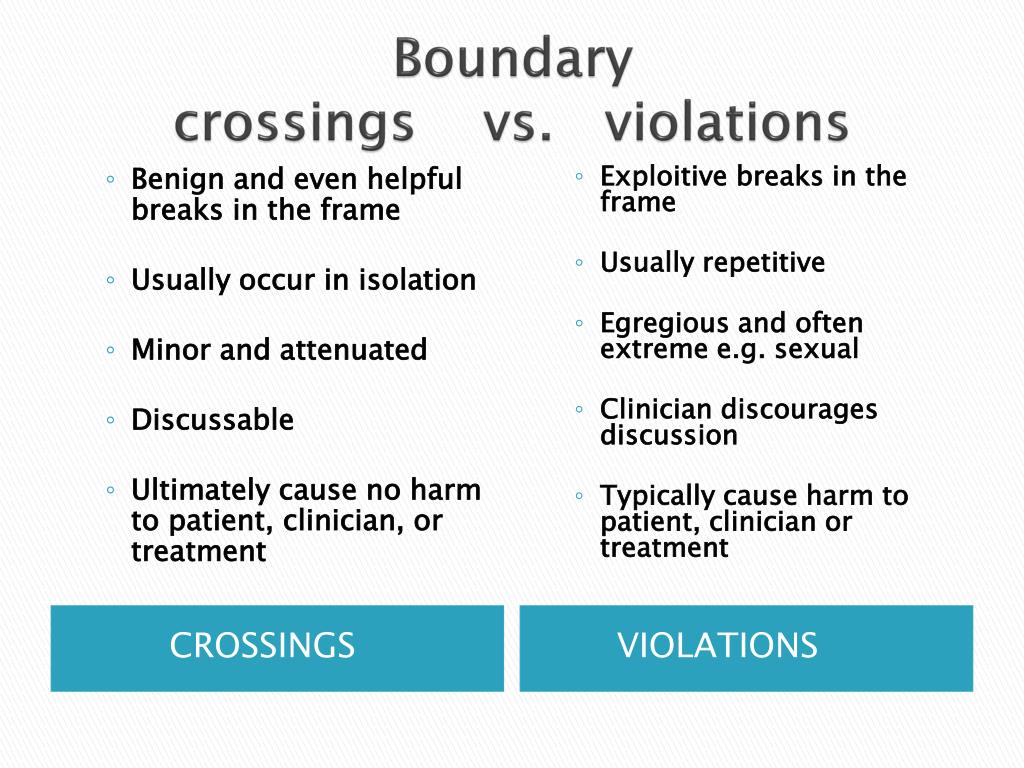 Maintenance and grazing of livestock near the State Border
Maintenance and grazing of livestock near the State Border
Article 20. Accounting, maintenance and use of Russian small boats (vehicles) and vehicles on ice
Article 21. Conducting fishing, research, exploration and other activities in the Russian part of the waters of border rivers, lakes and other water bodies, in internal sea waters and in the territorial sea of the Russian Federation
Article 22. Maintenance and establishment of a regime at checkpoints across the State Border
Article 230003
Article 24. Stay at checkpoints across the State Border of persons and vehicles
Article 25. Deleted
Article 25.1. Economic and other activities carried out at checkpoints across the State Border
Article 26. Additional regime rules at checkpoints across the State Border
Article 27. Powers of state authorities of the Russian Federation
Article 28. Powers of federal executive bodies
Article 29. Powers of public authorities of the subjects of the Russian Federation
Article 30. Powers of border authorities
Powers of border authorities
Article 31. Powers of the Armed Forces of the Russian Federation in the airspace
Article 32. Powers of the Armed Forces of the Russian Federation in the underwater environment
Article 33. Participation of the Armed Forces of the Russian Federation, other troops, military units and agencies in the protection of the State Border by border agencies
Article 34. Cooperation in the defense of the State Border
Article 35. Use of weapons and military equipment
Article 36. Use of special means
Article 37. Powers of local self-government bodies, enterprises and their associations, institutions, organizations, public associations of the Russian Federation in the field of protection of the State Border
Article 38. Participation of citizens in the protection of the State Border
Article 39. Legal protection of servicemen participating in the defense of the State Border and members of their families
Article 40.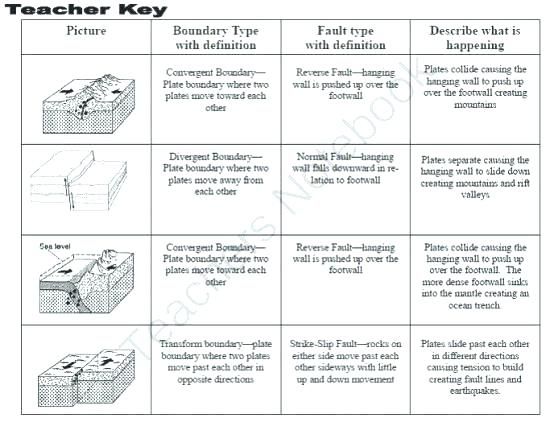 Legal protection of citizens participating in the protection of the State Border, and members of their families
Legal protection of citizens participating in the protection of the State Border, and members of their families
Article 41. Social support for servicemen and other citizens participating in the protection of the State Border
Article 42. Repealed
Article 43. Liability for offenses on the State Border
Article 44. Financial support for the protection of the State Border
Article 45. Material and technical support for the protection of the State Border
Federal Law of the Russian Federation "On the State Border of the Russian Federation" N 4730-1 (current version 2023)
90,000 Federal Law of 08/15/1996 No. 114-ФЗ • President of Russia
Russian Federation
Federal Law
on the procedure for departure from the Russian Federation and entry Russian Federation Adopted by the State Duma on 18 July 1996 years
2004 No. 58-FZ, dated 15.06.
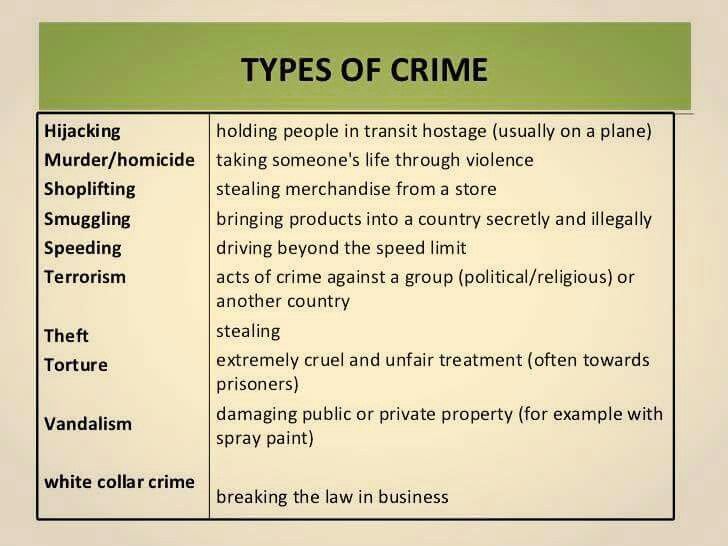 2006 No. 89-FZ, dated 18.07.2006 No. 121-FZ, dated 30.12.2006 No. 266-FZ, dated 10.01.2007 No. 4-FZ, dated 01.12.2007 No. 310-FZ , dated 04.12.2007 No. 327-FZ, dated 06.05.2008 No. 60-FZ, dated 13.05.2008 No. 65-FZ, dated 22.07.2008 No. 127-FZ, dated 23.07.2008 No. 160-FZ, dated 03.12.2008 No. 237-FZ, dated December 3, 2008 No. 250-FZ, dated December 30, 2008 No. 322-FZ, dated February 9, 2009No. 4-FZ, dated 28.06.2009 No. 125-FZ, dated 21.12.2009 No. 331-FZ, dated 21.12.2009 No. 337-FZ, dated 27.12.2009 No. 374-FZ, dated 09.03.2010 No. 24-FZ, dated 05.04.2010 No. 44-FZ, dated 07.04.2010 No. 60-FZ, dated 19.05.2010 No. 86-FZ, dated 23.07.2010 No. 180-FZ, dated 27.07.2010 No. 227-FZ, dated 23.12.2010 No. 385-FZ, dated 28.12.2010 No. 404-FZ, dated 28.12.2010 No. 416-FZ, dated 28.12.2010 No. 417-FZ, dated 20.03.2011 No. 42-FZ, dated 05.04.2011 No. 48-FZ, dated 21.04.2011 No. 80-FZ, dated 18.07.2011 No. 230-FZ, dated 18.07.2011 No. 241-FZ, dated 06.12.2011 No. 397-FZ, dated 06.12.2011 No. 398-FZ, dated 06.
2006 No. 89-FZ, dated 18.07.2006 No. 121-FZ, dated 30.12.2006 No. 266-FZ, dated 10.01.2007 No. 4-FZ, dated 01.12.2007 No. 310-FZ , dated 04.12.2007 No. 327-FZ, dated 06.05.2008 No. 60-FZ, dated 13.05.2008 No. 65-FZ, dated 22.07.2008 No. 127-FZ, dated 23.07.2008 No. 160-FZ, dated 03.12.2008 No. 237-FZ, dated December 3, 2008 No. 250-FZ, dated December 30, 2008 No. 322-FZ, dated February 9, 2009No. 4-FZ, dated 28.06.2009 No. 125-FZ, dated 21.12.2009 No. 331-FZ, dated 21.12.2009 No. 337-FZ, dated 27.12.2009 No. 374-FZ, dated 09.03.2010 No. 24-FZ, dated 05.04.2010 No. 44-FZ, dated 07.04.2010 No. 60-FZ, dated 19.05.2010 No. 86-FZ, dated 23.07.2010 No. 180-FZ, dated 27.07.2010 No. 227-FZ, dated 23.12.2010 No. 385-FZ, dated 28.12.2010 No. 404-FZ, dated 28.12.2010 No. 416-FZ, dated 28.12.2010 No. 417-FZ, dated 20.03.2011 No. 42-FZ, dated 05.04.2011 No. 48-FZ, dated 21.04.2011 No. 80-FZ, dated 18.07.2011 No. 230-FZ, dated 18.07.2011 No. 241-FZ, dated 06.12.2011 No. 397-FZ, dated 06.12.2011 No. 398-FZ, dated 06. 12.2011 No. 400 -FZ, dated July 28, 2012 No. 133-FZ, dated November 12, 2012 No. 187-FZ, dated December 28, 2012 No. 272-FZ, dated December 30, 2012 No. 303-FZ, dated December 30, 2012 No. 321-FZ, dated 07.06 .2013 No. 108-FZ, dated 07.06.2013 No. 110-FZ, dated 02.07.2013 No. 178-FZ, dated 02.07.2013 No. 185-FZ, dated 23.07.2013 No. 203-FZ, dated 23.07.2013 No. 207- Federal Law, No. 224-FZ dated July 23, 2013, No. 317-FZ dated November 25, 2013, No. 374-FZ dated December 21, 2013, No. 389 dated December 28, 2013-FZ, dated 28.12.2013 No. 390-FZ, dated 20.04.2014 No. 71-FZ, dated 05.05.2014 No. 106-FZ, dated 04.06.2014 No. 145-FZ, dated 01.12.2014 No. 412-FZ, dated 22.12 .2014 No. 446-FZ, dated 29.12.2014 No. 483-FZ, dated 31.12.2014 No. 504-FZ, dated 31.12.2014 No. 522-FZ, dated 31.12.2014 No. 524-FZ, dated 23.05.2015 No. 129- Federal Law, No. 132-FZ dated May 23, 2015, No. 154-FZ dated June 29, 2015, No. 155-FZ dated June 29, 2015, No. 213-FZ dated July 13, 2015, No. 343-FZ dated November 28, 2015, December 14.
12.2011 No. 400 -FZ, dated July 28, 2012 No. 133-FZ, dated November 12, 2012 No. 187-FZ, dated December 28, 2012 No. 272-FZ, dated December 30, 2012 No. 303-FZ, dated December 30, 2012 No. 321-FZ, dated 07.06 .2013 No. 108-FZ, dated 07.06.2013 No. 110-FZ, dated 02.07.2013 No. 178-FZ, dated 02.07.2013 No. 185-FZ, dated 23.07.2013 No. 203-FZ, dated 23.07.2013 No. 207- Federal Law, No. 224-FZ dated July 23, 2013, No. 317-FZ dated November 25, 2013, No. 374-FZ dated December 21, 2013, No. 389 dated December 28, 2013-FZ, dated 28.12.2013 No. 390-FZ, dated 20.04.2014 No. 71-FZ, dated 05.05.2014 No. 106-FZ, dated 04.06.2014 No. 145-FZ, dated 01.12.2014 No. 412-FZ, dated 22.12 .2014 No. 446-FZ, dated 29.12.2014 No. 483-FZ, dated 31.12.2014 No. 504-FZ, dated 31.12.2014 No. 522-FZ, dated 31.12.2014 No. 524-FZ, dated 23.05.2015 No. 129- Federal Law, No. 132-FZ dated May 23, 2015, No. 154-FZ dated June 29, 2015, No. 155-FZ dated June 29, 2015, No. 213-FZ dated July 13, 2015, No. 343-FZ dated November 28, 2015, December 14. 2015 No. 375-FZ, No. 438-FZ dated December 30, 2015, No. 374-FZ dated July 6, 2016, No. 28-FZ dated March 7, 2017, No. 78-FZ dated April 17, 2017, No. 111-FZ dated June 7, 2017 , dated July 1, 2017 No. 131-FZ, dated 29.07.2017 No. 270-FZ, dated 05.12.2017 No. 393-FZ, dated 19.02.2018 No. 28-FZ, dated 19.07.2018 No. 202-FZ, dated 29.07.2018 No. 270-FZ, dated 11.10.2018 No. 365- FZ, dated 01.05.2019 No. 100-FZ, dated 17.06.2019 No. 144-FZ, dated 16.12.2019 No. 433-FZ, dated 01.03.2020 No. 30-FZ, dated 07.04.2020 No. 111-FZ, dated 07.04. 2020 No. 119-FZ, No. 305-FZ dated July 31, 2020, No. 429-FZ dated December 8, 2020, No. 22-FZ dated February 24, 2021, No. 145-FZ dated May 26, 2021, No. 268-FZ dated July 1, 2021 , No. 270-FZ dated July 1, 2021, No. 30-FZ dated March 4, 2022, No. 219-FZ dated June 28, 2022, No. 271-FZ dated July 14, 2022, No. 357-FZ dated July 14, 2022)
2015 No. 375-FZ, No. 438-FZ dated December 30, 2015, No. 374-FZ dated July 6, 2016, No. 28-FZ dated March 7, 2017, No. 78-FZ dated April 17, 2017, No. 111-FZ dated June 7, 2017 , dated July 1, 2017 No. 131-FZ, dated 29.07.2017 No. 270-FZ, dated 05.12.2017 No. 393-FZ, dated 19.02.2018 No. 28-FZ, dated 19.07.2018 No. 202-FZ, dated 29.07.2018 No. 270-FZ, dated 11.10.2018 No. 365- FZ, dated 01.05.2019 No. 100-FZ, dated 17.06.2019 No. 144-FZ, dated 16.12.2019 No. 433-FZ, dated 01.03.2020 No. 30-FZ, dated 07.04.2020 No. 111-FZ, dated 07.04. 2020 No. 119-FZ, No. 305-FZ dated July 31, 2020, No. 429-FZ dated December 8, 2020, No. 22-FZ dated February 24, 2021, No. 145-FZ dated May 26, 2021, No. 268-FZ dated July 1, 2021 , No. 270-FZ dated July 1, 2021, No. 30-FZ dated March 4, 2022, No. 219-FZ dated June 28, 2022, No. 271-FZ dated July 14, 2022, No. 357-FZ dated July 14, 2022) (Taking into account the decisions of the Constitutional Court of the Russian Federation No. 2-P dated January 15, 1998, No.
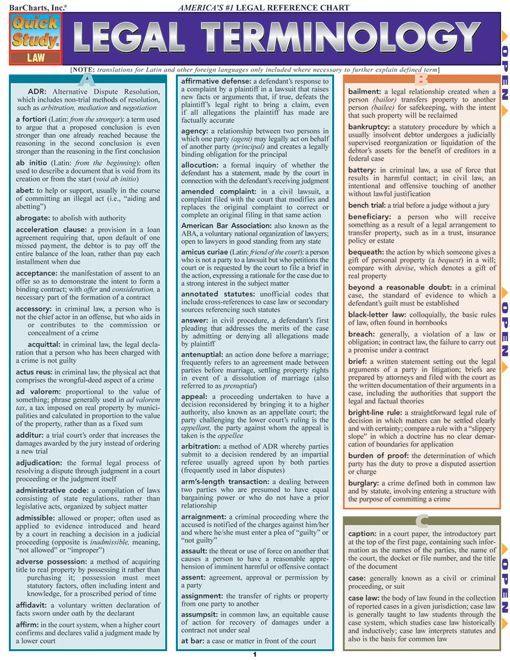 4-P dated March 12, 2015, No. 20-P dated October 20, 2016, No. 29-P dated June 25, 2020)
4-P dated March 12, 2015, No. 20-P dated October 20, 2016, No. 29-P dated June 25, 2020)
Everyone can freely travel outside the Russian Federation. A citizen of the Russian Federation has the right to freely return to the Russian Federation.
Chapter I. General provisions
Article 1. Departure from the Russian Federation and entry into the Russian Federation (including transit through its territory) are regulated by the Constitution of the Russian Federation, international treaties of the Russian Federation, this Federal Law, other federal laws , as well as decrees of the President of the Russian Federation adopted on the basis of these federal laws, resolutions of the Government of the Russian Federation. (As amended by federal laws dated January 10, 2003 No. 7-FZ; dated May 13, 2008 No. 65-FZ)
In the event that an international treaty of the Russian Federation establishes rules other than those stipulated by this Federal Law, the rules of the international treaty shall apply.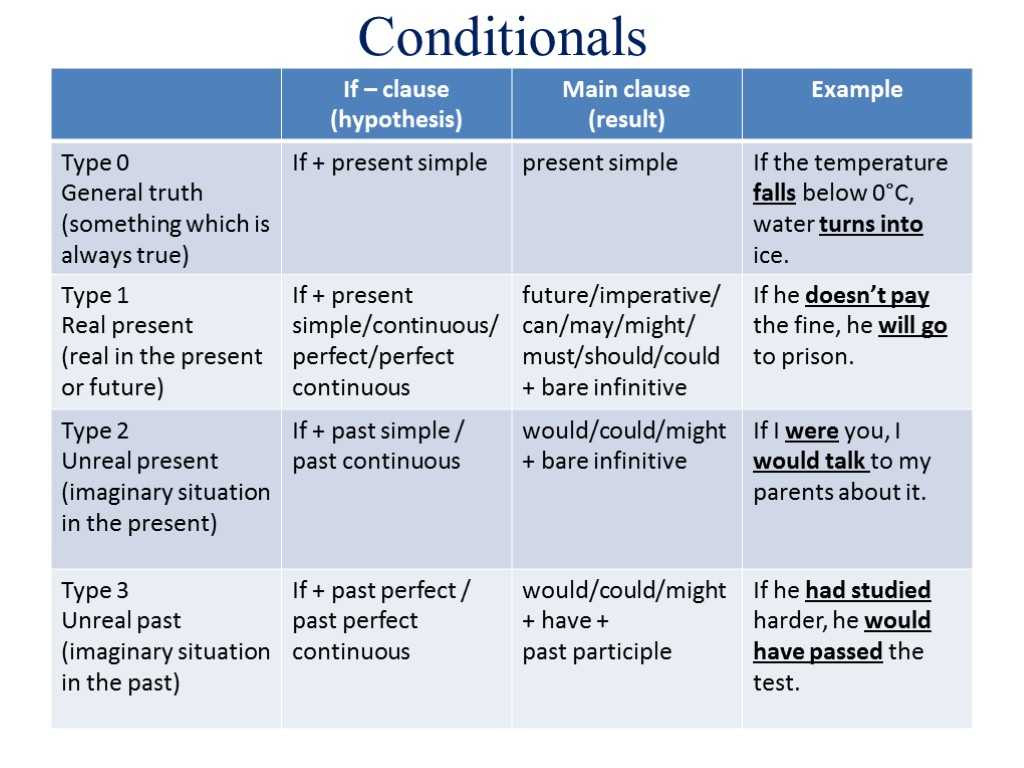
Decisions of interstate bodies adopted on the basis of the provisions of international treaties of the Russian Federation in their interpretation, which is contrary to the Constitution of the Russian Federation, are not subject to execution in the Russian Federation. Such a contradiction may be established in the manner prescribed by the federal constitutional law. (Supplement with part - Federal Law of December 08, 2020 No. 429-FZ)
Article 2. A citizen of the Russian Federation cannot be restricted in the right to leave the Russian Federation except on the grounds and in the manner provided for by this Federal Law.
A citizen of the Russian Federation cannot be deprived of the right to enter the Russian Federation.
The departure of a citizen of the Russian Federation from the Russian Federation does not entail for him or his close relatives any restrictions on the rights guaranteed by the legislation of the Russian Federation and the international obligations of the Russian Federation. (As amended by Federal Law No. 270-FZ of July 1, 2021)
(As amended by Federal Law No. 270-FZ of July 1, 2021)
For the purposes of this Federal Law, close relatives are understood to be a spouse, parents (adoptive parents), children (adopted), spouses of children, full and half brothers and sisters, grandfathers, grandmothers, grandchildren. (Addendum in part - Federal Law No. 270-FZ of July 1, 2021)
Article 3. The procedure for crossing the State Border of the Russian Federation when leaving the Russian Federation and entering the Russian Federation is regulated by the Law of the Russian Federation "On the State Border of the Russian Federation" and this federal law.
Article 4. Citizens of the Russian Federation staying outside the Russian Federation are under the protection and patronage of the Russian Federation.
Diplomatic missions and consular offices of the Russian Federation are obliged to provide measures for the protection of citizens of the Russian Federation and provide them with patronage in the manner determined by the legislation of the Russian Federation and international treaties of the Russian Federation.
Article 5. In the event that an emergency situation arises on the territory of a foreign state, the Russian Federation guarantees the adoption of diplomatic, economic and other measures provided for by international law to ensure the safety of citizens of the Russian Federation staying on the territory of this foreign state.
In the event that circumstances arise in the territory of a foreign state that seriously impede the adoption of measures to protect citizens of the Russian Federation and provide them with protection from the Russian Federation, the Government of the Russian Federation takes measures to bring to the attention of citizens of the Russian Federation recommendations on the undesirability of entry to this state. Such recommendations do not constitute grounds for temporarily restricting the right to leave the Russian Federation.
Article 6. Citizens of the Russian Federation exit from the Russian Federation and enter the Russian Federation using valid documents proving the identity of a citizen of the Russian Federation outside the territory of the Russian Federation. The procedure for issuing, issuing and withdrawing these documents is determined by this Federal Law.
The procedure for issuing, issuing and withdrawing these documents is determined by this Federal Law.
When entering the Russian Federation and leaving the Russian Federation, foreign citizens or stateless persons are required to present valid documents proving their identity and recognized by the Russian Federation in this capacity, and a visa, unless otherwise provided by international treaties of the Russian Federation, this Federal Law or decrees of the President of the Russian Federation. (As amended by federal laws dated 06/24/1999 No. 118-FZ; dated January 10, 2003 No. 7-FZ; dated December 1, 2007 No. 310-FZ; dated May 13, 2008 No. 65-FZ; 111-FZ dated 07.06.2017)
Stateless persons enter the Russian Federation and leave the Russian Federation in accordance with the rules established by this Federal Law for foreign citizens, unless otherwise provided by international treaties of the Russian Federation, this Federal Law, other federal laws or decrees of the President of the Russian Federation. (Supplement part - Federal Law of 06/24/1999 No. 118-FZ) (As amended by federal laws No. 7-FZ dated January 10, 2003; No. 65-FZ dated May 13, 2008; No. 111-FZ dated June 7, 2017)
(Supplement part - Federal Law of 06/24/1999 No. 118-FZ) (As amended by federal laws No. 7-FZ dated January 10, 2003; No. 65-FZ dated May 13, 2008; No. 111-FZ dated June 7, 2017)
Control over the availability of visas or other entry permits for persons to a foreign state is the responsibility of the transport company (passenger carrier), unless otherwise provided by an international treaty of the Russian Federation.
For the purposes of this Federal Law, it is not considered as exit from the Russian Federation and as entry into the Russian Federation:
crossing the State Border of the Russian Federation by a citizen of the Russian Federation, a foreign citizen or a stateless person during the period of validity of his visa when traveling from one part of the territory of the Russian Federation to another part of its territory through the territory of a foreign state in the transit mode or through an exclusive economic zone of the Russian Federation and the exclusive economic zones of foreign states, through the high seas, and in cases established by the Government of the Russian Federation, through the territorial seas of foreign states without calling at foreign ports, as well as when flying on Russian aircraft, which, in accordance with the legislation of the Russian Federation, may repeatedly cross the State Border of the Russian Federation without going through border, customs (in terms of customs operations related to the arrival (departure) of ships) and other types of control;
crossing the State Border of the Russian Federation by a citizen of the Russian Federation, a foreign citizen or a stateless person who is a member of the crew and included in the crew list of ships, on Russian and foreign ships, which, in accordance with the legislation of the Russian Federation, may repeatedly cross the State Border of the Russian Federation without passing border, customs and other types of control. (As amended by Federal Law No. 270-FZ of July 29, 2018)
(As amended by Federal Law No. 270-FZ of July 29, 2018)
(Part as amended by Federal Law No. 504-FZ of December 31, 2014)
Chapter II. The procedure for processing and issuing documents for exit from the Russian Federation and entry into the Russian Federation of citizens of the Russian Federation recognized:
passport;
diplomatic passport;
service passport;
paragraph. (No longer valid - Federal Law of December 30, 2008 No. 322-FZ)
The main identity documents of a citizen of the Russian Federation, according to which citizens of the Russian Federation exit the Russian Federation and enter the Russian Federation, may contain electronic media with information recorded on them with the personal data of the passport holder, including biometric personal data. (Supplement part - Federal Law of December 21, 2009No. 337-FZ)
The list of personal data recorded on electronic media contained in the main identity documents of a citizen of the Russian Federation, according to which citizens of the Russian Federation exit the Russian Federation and enter the Russian Federation, is determined by the Government of the Russian Federation.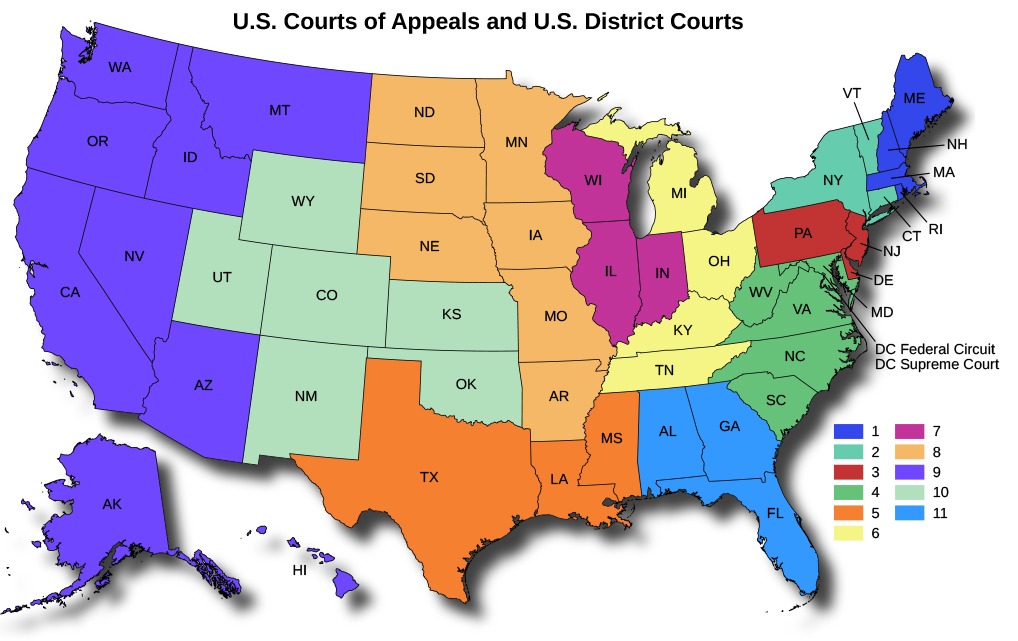 (Supplement in part - Federal Law of December 21, 2009 No. 337-FZ)
(Supplement in part - Federal Law of December 21, 2009 No. 337-FZ)
Article 8. A passport is issued to a citizen of the Russian Federation upon his written application for a passport, submitted personally, through his legal representative or in the form of an electronic document using a single portal of state and municipal services, the federal executive body in the field of internal affairs or its territorial body and is issued to a citizen of the Russian Federation or his legal representative by these bodies upon personal application. The application form for issuing a passport, the procedure for submitting an application and photographs in the form of electronic documents using a single portal of state and municipal services or through a multifunctional center for the provision of state and municipal services, as well as the procedure for issuing a passport are established by the federal executive body in the field of internal affairs. In the cases provided for by this Federal Law, a passport is issued and issued to a citizen of the Russian Federation upon his written application submitted personally or through his legal representative, by the federal executive body in charge of foreign affairs on the territory of the Russian Federation, as well as by a diplomatic mission or consular office of the Russian Federation.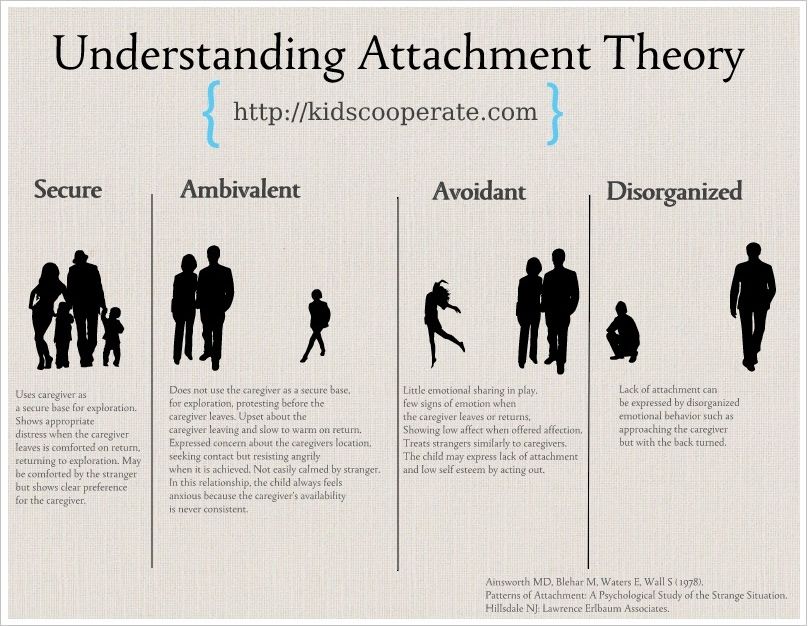 Federation. Upon an application for a passport submitted through a multifunctional center for the provision of state and municipal services, a passport is issued by the federal executive body in the field of internal affairs or its territorial body and issued to the applicant at this multifunctional center. (As amended by Federal Law No. 131-FZ of July 1, 2017)
Federation. Upon an application for a passport submitted through a multifunctional center for the provision of state and municipal services, a passport is issued by the federal executive body in the field of internal affairs or its territorial body and issued to the applicant at this multifunctional center. (As amended by Federal Law No. 131-FZ of July 1, 2017)
A citizen of the Russian Federation, taking into account the provisions of Part Three of this Article, has the right to choose a passport with the validity period provided for by Part One of Article 10 of this Federal Law, or a passport containing an electronic storage medium with the validity period provided for by Part Two of Article 10 of this Federal Law, which reflected by this citizen in the corresponding written application for the issuance of a passport. (Supplement part - Federal Law of December 21, 2009337-FZ) (As amended by Federal Law No. 24-FZ of 09.03.2010)
A citizen of the Russian Federation, when submitting, in accordance with the provisions of this Federal Law, a written application for a passport to the federal executive body in charge of foreign affairs, or its territorial body, whose competence includes the acceptance of written applications for the issuance of a passport, or to a diplomatic mission or consular office of the Russian Federation, equipped with special software and hardware for processing and issuing a passport containing an electronic storage medium, has the right to choose a passport with a validity period provided for part one of Article 10 of this Federal Law, or a passport containing an electronic storage medium with the validity period provided for by part two of Article 10 of this Federal Law, which is reflected by this citizen in the corresponding written application for the issuance of a passport.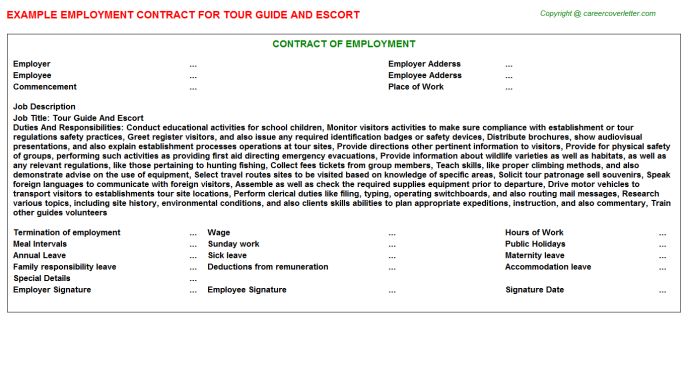 (Supplement part - Federal Law of 0903.2010 No. 24-FZ)
(Supplement part - Federal Law of 0903.2010 No. 24-FZ)
A citizen of the Russian Federation from the date of his birth until the age of 18 is issued a passport and issued upon a written application for a passport by at least one of the parents, adoptive parents, guardians or trustees (hereinafter referred to as the legal representative of a minor) unless otherwise provided by law. (As amended by federal laws No. 337-FZ of December 21, 2009, No. 268-FZ of July 1, 2021)
A citizen of the Russian Federation residing outside the territory of the Russian Federation is issued a passport by a diplomatic mission or consular office of the Russian Federation in the host state said citizen.
The federal executive body in charge of foreign affairs may issue and issue a passport to a citizen of the Russian Federation residing on the territory of the Russian Federation, upon his written application for a passport, submitted through an organization sending him outside the territory of the Russian Federation and registered in the federal executive authority in charge of foreign affairs, in the manner prescribed by the Government of the Russian Federation. (As amended by federal laws dated 06/24/1999 No. 118-FZ; dated December 21, 2009 No. 337-FZ; dated 09.03.2010 No. 24-FZ)
(As amended by federal laws dated 06/24/1999 No. 118-FZ; dated December 21, 2009 No. 337-FZ; dated 09.03.2010 No. 24-FZ)
Other federal executive bodies and federal state bodies that provide for military service and whose activities are related to the performance of functions and tasks outside the territory of the Russian Federation may also issue and issue a passport to a citizen of the Russian Federation serving (working) as a military serviceman or a person of civilian personnel in the indicated federal executive bodies and federal state bodies, in accordance with the list approved by the Government of the Russian Federation, as well as in the manner and under the conditions established by it. (Addition part - Federal Law of the Russian Federation dated 18.07.1998 No. 110-FZ) (As amended by the Federal Law of 04.06.2014 No. 145-FZ)
For the issuance of a passport, for making changes to it, a state duty is paid in the amount and procedure established by the legislation of the Russian Federation on taxes and fees. The fact of payment by the payer of the state duty is confirmed by the methods established by the legislation of the Russian Federation on taxes and fees, including using information on the payment of the state duty contained in the State Information System on State and Municipal Payments. (Supplement part - Federal Law of December 27, 2009374-FZ) (as amended by Federal Law No. 133-FZ of July 28, 2012)
The fact of payment by the payer of the state duty is confirmed by the methods established by the legislation of the Russian Federation on taxes and fees, including using information on the payment of the state duty contained in the State Information System on State and Municipal Payments. (Supplement part - Federal Law of December 27, 2009374-FZ) (as amended by Federal Law No. 133-FZ of July 28, 2012)
For the issuance of a passport, for making changes to it by diplomatic missions and consular offices of the Russian Federation, a consular fee and a fee for reimbursement of actual expenses, established in in accordance with the legislation of the Russian Federation. (Addendum in part - Federal Law No. 374-FZ of December 27, 2009)
For registration and re-registration of organizations with the federal executive body in charge of foreign affairs, a state fee is paid in the amount and in the manner established by the legislation of the Russian Federation on taxes and fees . (Supplement part - Federal Law of December 27, 2009No. 374-FZ) (As amended by Federal Law No. 24-FZ of 09.03.2010)
(Supplement part - Federal Law of December 27, 2009No. 374-FZ) (As amended by Federal Law No. 24-FZ of 09.03.2010)
The passport is issued in the form of a document on paper. (Supplement in part - Federal Law of July 27, 2010 No. 227-FZ)
Article 9. To issue a passport, a citizen of the Russian Federation in a written application for the issuance of a passport of the established form must indicate his last name, first name, patronymic (including previously available ), gender, date and place of birth, place of residence, place of work (service, study) during the last ten years and submit the main document proving his identity. In the case of issuing a passport on the territory of the Russian Federation, a citizen of the Russian Federation attaches personal photographs to the said application and has the right to submit a document confirming the payment of the state fee on his own initiative. In the case of issuing a passport outside the territory of the Russian Federation, a citizen of the Russian Federation encloses personal photographs and documents confirming the payment of the consular fee for issuing a passport to the said application.
